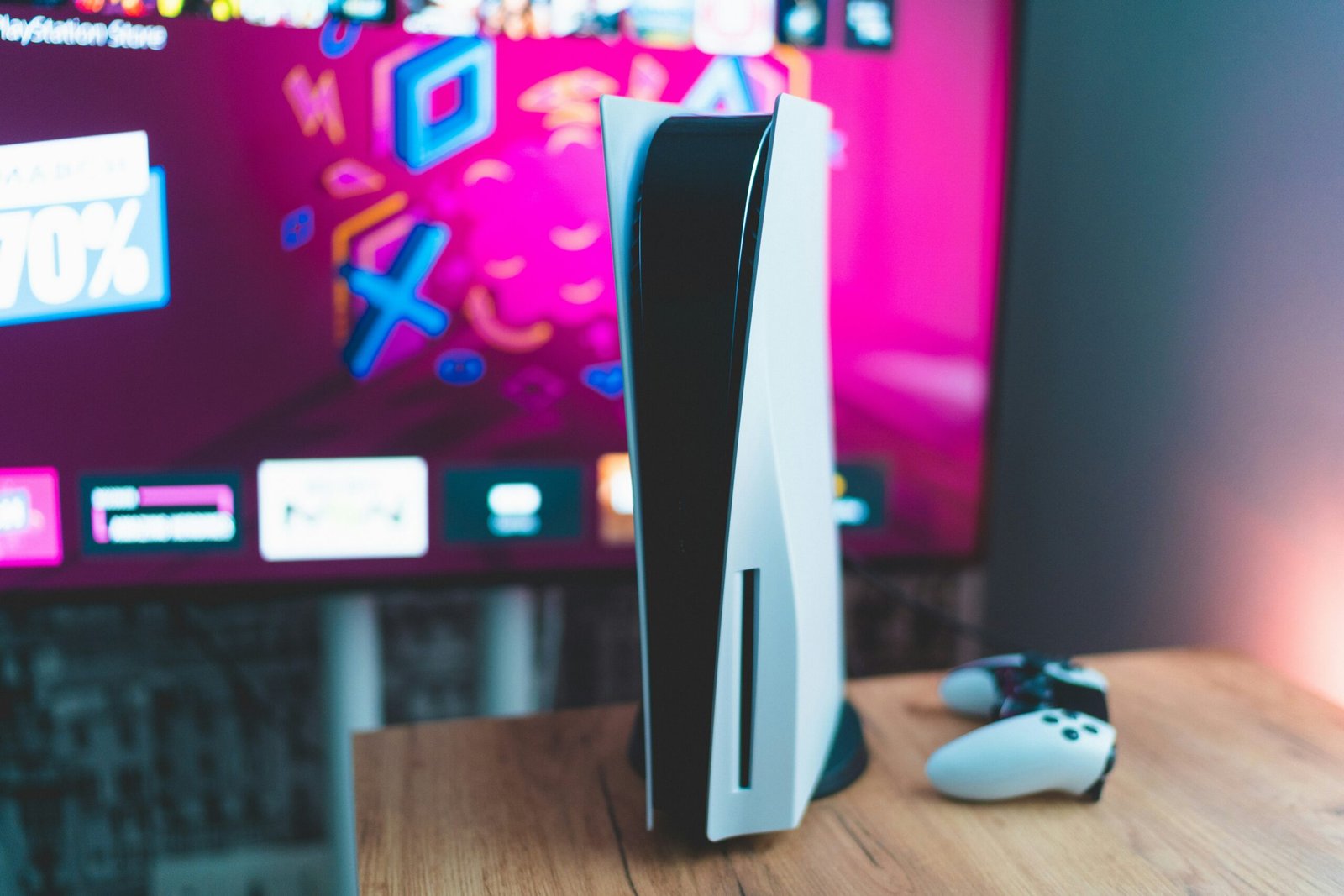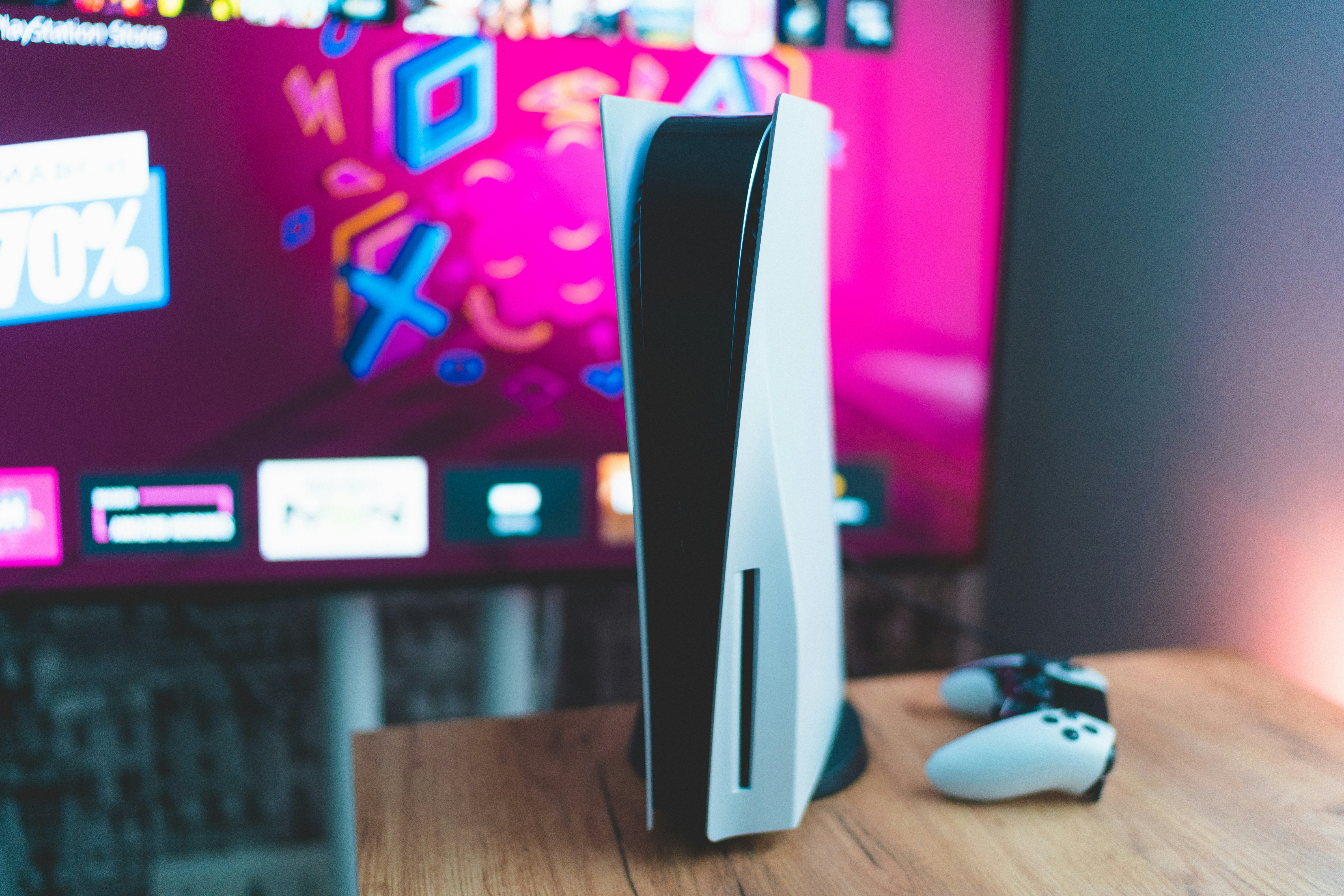
Introduction to the Gaming Landscape
The debate between PC and console gaming has persisted for decades and remains a prominent topic among gaming enthusiasts. As technology has advanced, both platforms have evolved significantly, catering to a diverse range of players with varying preferences. Historically, PCs surpassed consoles in terms of graphical fidelity and performance. However, consoles streamlined accessibility, making gaming more approachable for the average consumer. This ongoing evolution has shaped the gaming landscape, providing an array of experiences tailored to different demographics.
In recent years, the rise of competitive gaming, often referred to as esports, has further blurred the lines between PC and console gaming. Competitive titles, such as “League of Legends,” “Fortnite,” and “Call of Duty,” have thrived on both platforms, with each offering unique advantages. PC gaming typically boasts higher frame rates and customizable settings, allowing players to optimize their performance. Conversely, consoles are designed for ease of use, providing an out-of-the-box gaming experience that appeals to many casual gamers. The growing interest in esports has encouraged both casual and professional players to consider their preferred platform carefully.
The diversity of titles available across both platforms is another factor contributing to players’ choices. For instance, PC gamers enjoy access to a vast library of indie games and mods, while console gamers often revel in exclusive titles that showcase the capabilities of their systems. As trends continue to evolve within the gaming community, it is essential to consider the demographics that gravitate toward each platform, from hardcore enthusiasts to casual players. The ongoing rivalry between PC and console gaming fuels discussions around performance, accessibility, exclusivity, and the gaming experience as a whole, ultimately influencing gamers’ preferences.
Performance and Graphics: Understanding the Differences
When evaluating the performance of gaming platforms, it is vital to consider factors such as frame rates, resolution, and overall graphical fidelity. Generally, personal computers (PCs) are equipped with customizable hardware that often allows for superior performance compared to gaming consoles. High-end gaming PCs can deliver frame rates exceeding 60 frames per second (FPS) at ultra settings, offering an immersive experience especially evident in fast-paced games where precision is crucial. In contrast, most gaming consoles currently support maximum frame rates around 30 FPS to 60 FPS, with some newer models pushing for higher rates, but they are often locked to lower graphical settings to maintain consistent performance.
Resolution capabilities also highlight the advantages of PCs in the realm of gaming. While many consoles now support 4K resolution, PCs can boast of advanced graphics cards which not only deliver sharper images but also support ray tracing technology, elevating the quality of lighting and shadows in games. This technological edge allows gamers on PCs to experience games in full fidelity, particularly when playing demanding titles that thrive on graphical power.
To Find products easily from Amazon…. Click Here
Additionally, hardware upgrades play a significant role in the performance landscape. PC gamers have the flexibility to upgrade their graphics cards, processors, and RAM as newer technology emerges, continually enhancing their gaming experience. This customizability means that a dedicated PC gamer can invest in specific components to achieve optimal performance tailored to their preferences. On the other hand, consoles are typically fixed in their hardware capabilities with each generation requiring an entirely new system to access the latest advancements.
The differences in performance and graphics capabilities between PCs and consoles profoundly affect gameplay and user satisfaction. While PCs can offer superior performance and customization, consoles present a streamlined experience with a focus on ease of use. When deciding on which platform is more suitable, users must weigh the importance of performance against their desire for simplicity in gaming.
Cost Analysis: Budgeting for Gamers
When considering which gaming platform to invest in, one of the most critical factors to evaluate is the cost associated with both PCs and consoles. The initial purchase price varies significantly between these two platforms. Generally, consoles present a lower upfront cost, with prices typically ranging from $300 to $600 for the latest generation systems. In contrast, gaming PCs can require a more significant financial commitment, often starting around $800 and extending beyond $2,000, depending on the specifications desired. This initial investment does not just reflect the basic system; gamers must also consider the potential need for future upgrades.
Ongoing expenses are another aspect to factor into your budget. Console gamers usually enjoy more predictable costs, with games ranging from $50 to $70 each, and additional expenses often limited to online subscription services for multiplayer gaming. These subscriptions can range from $10 to $15 per month. On the other hand, PC gamers can encounter a broader range of costs associated with their gaming hardware. While they may have access to digital distribution platforms with frequent sales, the price of PC games may fluctuate more significantly than console games. Moreover, the installation of gaming peripherals—such as specialized controllers, gaming mice, and keyboards—adds to the ongoing expense of PC gaming.
Additionally, potential hidden costs should not be overlooked. For example, while consoles typically support a straightforward plug-and-play setup, PC gaming may entail purchasing additional software or experiencing costs related to troubleshooting and maintenance. Furthermore, PCs often require a suitable display and sound system. Evaluating the total cost of ownership for both platforms is essential in determining which aligns best with a gamer’s budget.
Ultimately, understanding these financial factors will help gamers make informed decisions that align with their gaming preferences and long-term financial plans.
Community, Online Play, and Game Library: The Social Aspect
The social experience in gaming is a vital factor that significantly influences a player’s choice between PC and console platforms. Both formats offer distinct advantages when it comes to community interaction, online play, and access to exclusive game libraries. PC gaming has a long-established reputation for its vibrant multiplayer environments, often facilitated by platforms such as Steam, Discord, and Epic Games. Here, players can engage with a diverse array of communities centered around specific games, genres, or even modding. This not only enriches the gaming experience but also fosters friendships that can extend beyond the gameplay itself.
On the other hand, console gaming also nurtures strong community bonds, primarily through the integrated online services like PlayStation Network or Xbox Live. These platforms enable players to connect, compete, and collaborate, often resulting in a more streamlined experience. The console market is known for offering exclusive titles that can define a community, attracting fans who share a passion for specific franchises. Such exclusives can create a strong sense of belonging among players, further enhancing the social aspect of gaming.
Another important consideration in this context is cross-platform play, which has become increasingly common in recent years. Games that support cross-play allow players on different platforms to compete against or cooperate with one another, blurring the lines between PC and console communities. This development promotes inclusivity and expands player networks, allowing gamers to connect without being restricted by their choice of hardware.
Ultimately, both PC and console gaming present unique social opportunities that can greatly enhance the overall gaming experience. Players must consider not only the technical specifications of their chosen platform but also how the community, online interactions, and exclusive titles play a role in their gaming journey.

